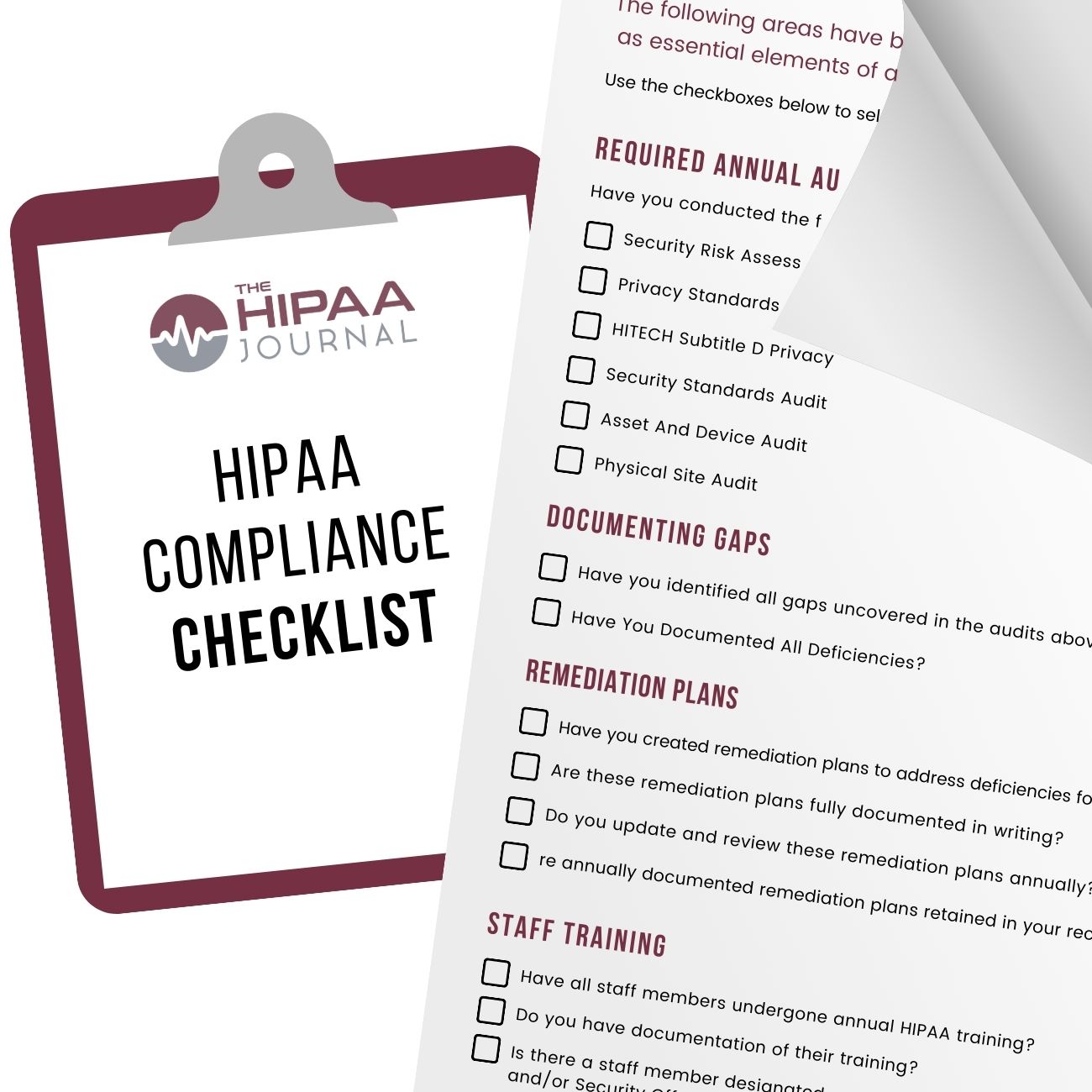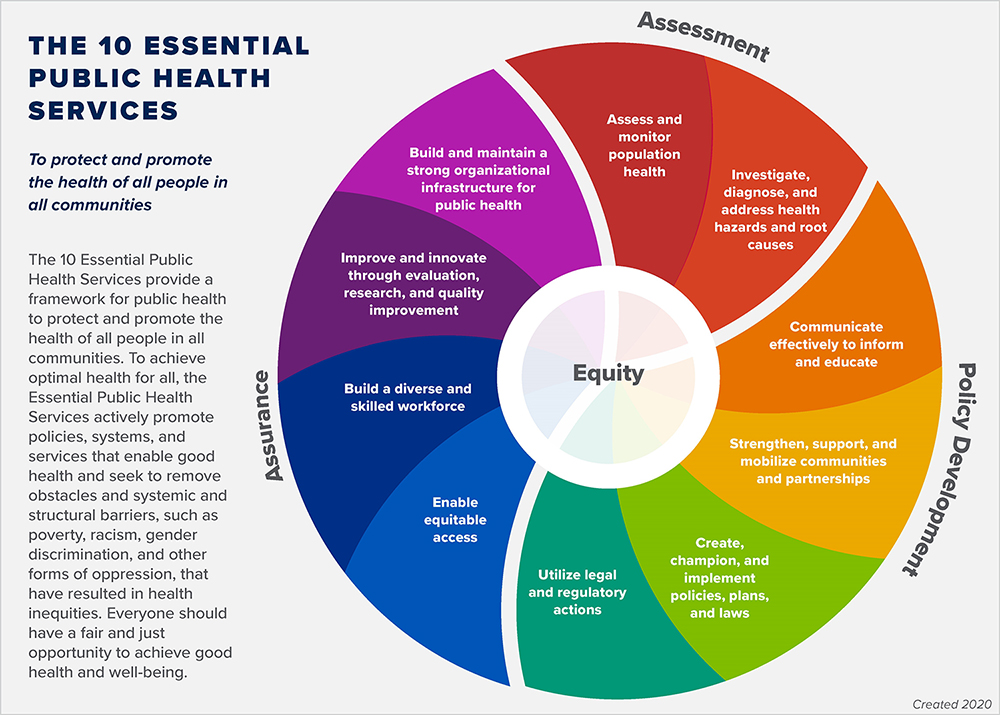What is the Key Focus in Health Inspections, Health inspections focus on evaluating the cleanliness, sanitation, and safety standards of food establishments. In these inspections, authorities closely monitor food handling practices, storage conditions, equipment cleanliness, pest control, and overall hygiene to maintain public health and prevent foodborne illnesses.
:max_bytes(150000):strip_icc()/Household_Plumbing_Checklist_Final-33e19ec46c86438c83fc1efee56797d8.jpg)
Credit: www.thespruce.com
Key Areas Of Focus In Health Inspections
Health inspections play a crucial role in ensuring the safety and well-being of customers in various establishments. These inspections are carried out to assess compliance with health regulations and identify potential risks to public health. Inspectors focus on several key areas to address potential hazards and maintain high standards of cleanliness and safety. In this article, we will discuss the three main areas of focus during health inspections, namely: food safety and hygiene, sanitation and cleanliness, and equipment and facility maintenance.
Food Safety And Hygiene
When it comes to maintaining a safe, hygienic environment in food establishments, food safety and hygiene is of utmost importance. Inspectors verify that proper measures are in place to prevent cross-contamination, ensure proper temperatures for food storage and handling, and assess the overall cleanliness of food preparation areas. They pay close attention to the following:
- Employee handwashing practices
- Freshness and quality of ingredients
- Proper food labeling and storage
- Handling of potentially hazardous foods
Inspectors review these factors to minimize the risk of foodborne illnesses and ensure that the establishment is compliant with health and safety regulations.
Sanitation And Cleanliness
The next focal point during health inspections is sanitation and cleanliness. Inspectors evaluate the overall cleanliness of the establishment, including:
- Proper waste disposal procedures
- Cleanliness of floors, walls, and ceilings
- Maintenance of ventilation and exhaust systems
- Sanitary conditions of restrooms and handwashing facilities
By examining these areas, health inspectors aim to prevent the spread of diseases and ensure a safe and clean environment for both employees and patrons.
Equipment And Facility Maintenance
The third and equally important area of focus during health inspections is the equipment and facility maintenance. Inspectors assess the following aspects:
- Maintenance and cleanliness of cooking appliances
- Condition of refrigeration units and temperature controls
- Cleanliness and functionality of food storage facilities
- Maintenance of plumbing systems and backflow prevention devices
By examining these areas, inspectors ensure that equipment is functioning properly, preventing any potential safety hazards or food contamination risks.
Overall, compliance with food safety and hygiene, sanitation and cleanliness, as well as equipment and facility maintenance are critical for passing health inspections. By focusing on these areas and addressing any identified deficiencies, establishments can establish a reputation for providing a safe and healthy environment for their customers.

Credit: www.hipaajournal.com
Essential Checklist For Health Inspections
During health inspections, a point of focus is ensuring that all necessary guidelines and regulations related to health and safety are being followed. Inspectors check for proper food handling, cleanliness, maintenance of equipment, and adherence to health codes to ensure a safe environment for customers and employees.
Proper Food Handling And Storage
During health inspections, one of the crucial points of focus is proper food handling and storage. This ensures that the food served is safe and free from contamination. To meet the requirements, food establishments must follow these essential guidelines: 1. Maintain proper cleanliness and hygiene while handling food. 2. Store perishable items at appropriate temperatures to prevent spoilage. 3. Separate raw and cooked food to avoid cross-contamination. 4. Ensure that all food is labeled correctly with dates and contents. 5. Implement a robust system for tracking and discarding expired or spoiled food. 6. Adhere to safe practices while thawing, cooking, and reheating food. These measures not only guarantee the safety of customers but also help establishments comply with health standards and regulations.
Regular Cleaning And Sanitization
Regular cleaning and sanitization are crucial for maintaining a safe and hygienic food environment. Health inspectors pay close attention to the cleanliness of food establishment premises. Follow these important steps to ensure proper cleaning and sanitization: 1. Have a regular cleaning schedule in place for all areas, including kitchen, dining, and storage areas. 2. Clean and sanitize surfaces, utensils, and equipment after each use. 3. Use appropriate cleaning agents and sanitizers that meet health and safety standards. 4. Train staff to follow cleaning protocols diligently. 5. Regularly inspect and maintain restroom cleanliness. 6. Dispose of waste properly and maintain garbage areas to prevent pest infestation. To pass health inspections, it is essential to maintain a clean and sanitized environment at all times.
Maintenance Of Equipment And Facilities
Maintenance of equipment and facilities is another critical aspect of health inspections. This ensures that all equipment is functioning properly and poses no risk to the food served. Adhere to this checklist to ensure equipment and facility maintenance: 1. Regularly inspect and clean all equipment to prevent buildup of dirt, grime, and debris. 2. Keep detailed records of equipment maintenance and repair to demonstrate compliance during inspections. 3. Check and maintain proper ventilation systems to ensure air quality. 4. Repair or replace any damaged or malfunctioning equipment promptly. 5. Ensure proper storage and handling of cleaning chemicals to prevent accidents. By proactively addressing equipment and facility maintenance, you can ensure a safe and efficient food establishment that meets health inspection requirements. In conclusion, focusing on proper food handling and storage, regular cleaning and sanitization, and maintenance of equipment and facilities is crucial for passing health inspections. Adhering to these essential guidelines will promote food safety, maintain cleanliness, and protect the well-being of customers.

Credit: ctb.ku.edu
Frequently Asked Questions Of What Is A Point Of Focus During Health Inspections
What Are Health Inspections?
Health inspections are thorough evaluations conducted by regulatory agencies to assess the safety and cleanliness of establishments such as restaurants, hotels, and hospitals. These inspections typically involve evaluating food handling practices, sanitation protocols, and compliance with health and safety regulations.
Why Are Health Inspections Important?
Health inspections play a crucial role in ensuring public safety by identifying and addressing potential health risks in establishments. They help protect consumers from foodborne illnesses, maintain hygiene standards, and promote overall well-being. Regular inspections also encourage businesses to maintain high standards of cleanliness and safety.
What Do Health Inspectors Look For?
Health inspectors carefully examine various factors during inspections, including food storage and handling practices, cleanliness of surfaces and equipment, pest control measures, employee hygiene, temperature control, and compliance with health and safety regulations. They may also check for proper labeling, ventilation, and overall maintenance of the establishment.
Conclusion
To ensure compliance with health regulations, inspections focus on various critical aspects. These include proper food handling and storage, maintaining cleanliness and sanitation standards, verifying proper equipment usage, and ensuring proper employee training. By addressing these key points, businesses can create a safe and healthy environment for both customers and employees.
Regular inspections help to uphold industry standards and protect public health. Remember, maintaining high standards proves the commitment to quality and safety.




